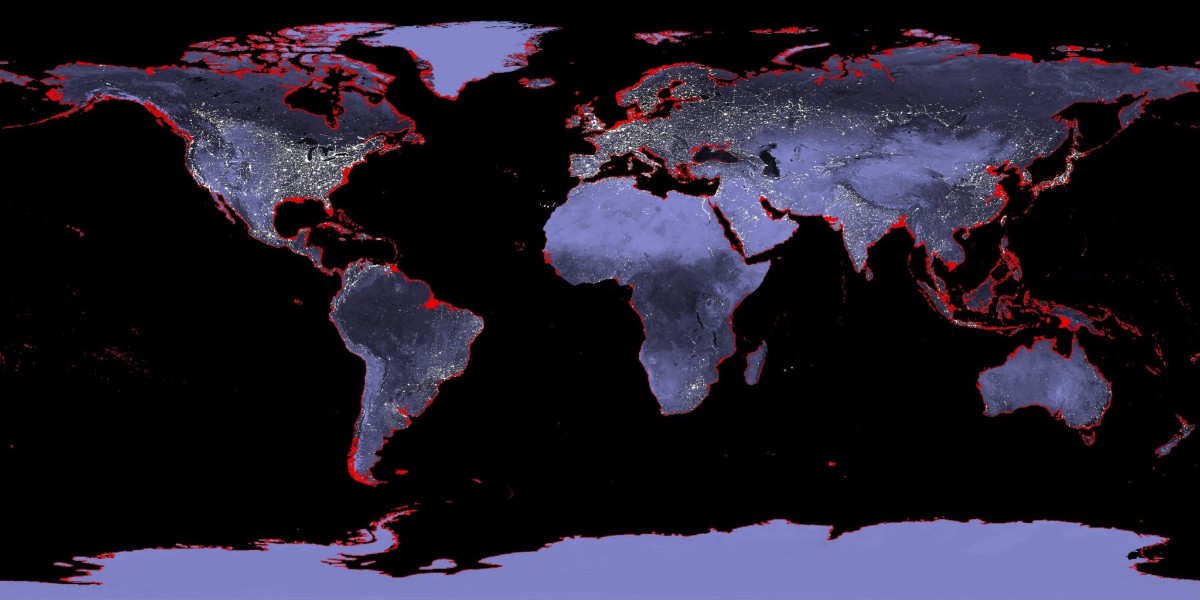 Wikimedia Commons
Wikimedia Commons
DNI Releases Report on Implications of Climate Change on National Security
The National Intelligence Council, part of the Office of the Director of National Intelligence, has just released a new White Paper titled “Implications for U.S. national security of Anticipated Climate Change.” The report analyzes the potential effects of climate change on national security in the coming 20 years. The report uses previous IPCC reports as a scientific baseline for analysis.
The report begins with a strong assertion of the dangers of climate change for societies, economies, and governments across the world:
“Long-term changes in climate will produce more extreme weather events and put greater stress on critical Earth systems like oceans, freshwater, and biodiversity. These in turn will almost certainly have significant effects, both direct and indirect, across social, economic, political, and security realms during the next 20 years. These effects will be all the more pronounced as people continue to concentrate in climate-vulnerable locations, such as coastal areas, water-stressed regions, and ever-growing cities.”
It goes on to list some of the pathways to “wide-ranging national security challenges for the United States and other countries,” including “threats to the stability of countries, adverse effects on food prices and availability, and negative impacts on investments and economic competitiveness.”
The report gives possible time-frames for these emerging national security challenges, suggesting that based on “changing trends in extreme weather,” the future will almost certainly hold more “climate related disruptions.” The majority of climate change-related risks to U.S. national security in the next five years will come from “distinct extreme weather events”, and “the exacerbation of currently strained conditions,” including water shortages.
The report comes after years of significant research inside and outside of the government on climate security. The National Intelligence Council last released a report on this issue in 2009. Many in the security community have spoken on the emerging national security risks posed by climate change. ASP and countless other organizations have urged policy makers not to underestimate the security challenges posed by climate change and the rising seas.
Last week, ASP released a report on regional approaches to sea level rise titled, “Resilience in the Face of Rising Seas.” The report discusses how regional adaptation methods must be established and more funding made available, explaining how different regional adaptation initiatives function. It also demonstrates how they can be improved by integrating alternative adaptation measures in collaboration with the federal government. In a 2015 report titled, “Climate Diplomacy,” ASP highlights the absolute need for U.S.-led smart and long term policy on climate change, stressing that climate diplomacy must be a “bipartisan, long-standing priority for the U.S. government.”
To read the full report on the DNI website, click here.





